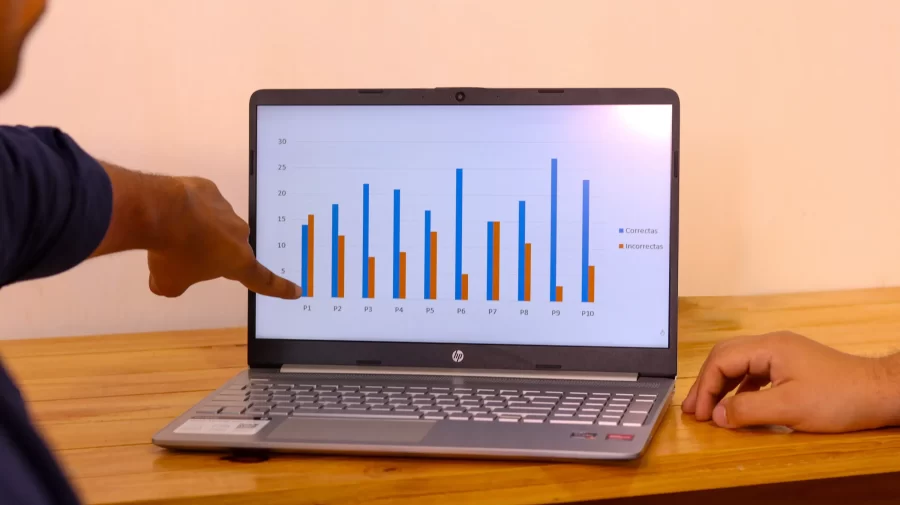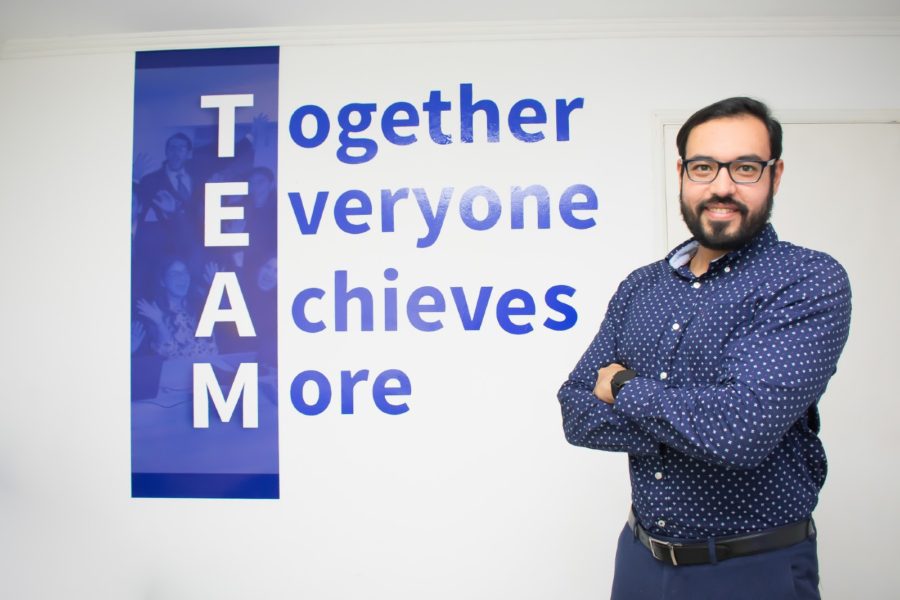There comes a time in everyone’s life when we make a mistake at work, or we are the protagonists in a shameful situation. It’s just natural. Even so, we never want it to happen, especially when we have demanding bosses or we alter our service’s quality. But, for something so disowned and avoided, it’s something astonishingly common, that could happen to anyone, at any time.
So, here is a list of tips that can be tremendously helpful when cleaning up your mess with your tail between your legs. Don’t despair, we’ve got you covered.
1. Remember You Are Not The Only One
You are not the first person to do something wrong or to make a mistake like that, and surely you will not be the last. If you think about it, surely you know many people who have gone through similar situations or, even when you don’t know, somewhere else someone could have made the exact same mistake you made.

However, sometimes perfectionism and pressure lead us to have unrealistic standards of our performance, even when, if it was someone else who made the mistake, you would easily let them off the hook.
Sometimes placing yourself in an external position can allow you to look at the situation with slightly more objective eyes and think that although it’s healthy that you let yourself feel that shame and learn from it, you don’t have to beat yourself up and be so hard on yourself for that.
The best thing you can do is learn from your mistakes, get up, and keep working.
2. Allow Yourself To Feel The Emotions
Taking into account that you are not the only person who has gone through a situation like that and that the world is not going to end, it’s important that you know that it’s healthy to allow yourself to experience all the emotions and that it’s not okay to block yourself and repress feelings as heavy as they may feel because this will only prevent you from learning from it and will delay your progress.
It’s natural to feel frustrated, embarrassed, and tense for a while, and it’s important to release that pressure in a healthy way as soon as you can, so you can deal with it as soon as possible. Let yourself feel bad, but don’t allow yourself to drown in it. As Buddha says, pain is inevitable, but suffering is optional.
3. Apologize
It’s understandable that you feel so stressed and anxious at first that you want to run away or hide for the rest of your workday.
But once you’ve put the worst possible scenarios in perspective, released the tension caused by the inconvenience, and stayed grounded, it should be easier for you to give your employers a fair apology, without overdoing it. Just apologize, and make sure to solve the problem caused.
Don’t make it too much about your regrets and how sorry you are, don’t build excuses or justifications that no one has asked for. Just take care to acknowledge the mistake you made and work on fixing it.
4. Accept Consequences
Part of what it means to be a responsible adult is to accept that all our actions have consequences, and it’s our duty to answer for them, especially in a professional work environment, where there is no room for excuses, justifications, or emotional arguments.
What we do will always have its consequences, and even if we don’t like that, we must accept it and face it.
This can even be beneficial to you in the long run, as it allows you to show your employers and co-workers your professionalism and commitment.
Maybe you have to deal with an annoying customer to explain your mistake or work overtime to fix it. And yes, it will be difficult and of course, you will not like it. But this will show that you take your mistakes responsibly, and seriously, and are interested in keeping your job.
Little by little, the mistake will become a thing of the past and you will have learned from it, and clean your name when you overcome the problem.
5. Don’t Make Promises, Act
We all promise that “it will not happen again” when we make a mistake at work, but not all of us materialize through our actions what we have promised. And that’s the big difference between someone trustworthy and a charlatan.
And yes, as you can imagine, those who keep their jobs, or their good professional image, are the ones who focus on preventing the same mistakes from happening again. Those who regain people’s (and their own) trust through actions, those who keep their promises.

See that the quality of your work meets expectations, and perhaps occasionally exceeds them, and do whatever you need to do to ensure that.
This does not mean that you should overextend yourself, and punish yourself with excessive pressure to work harder than ever, but the opposite.
Since burnout can be one of the reasons silly mistakes happen in the first place, by decreasing people’s attention and performance at work.
What it means is that you should seek that the quality of your work is good, and guarantee through taking care of yourself and being respectful of your mental health, that you will continue to be productive and excellent for much longer.
In short, even if you make mistakes, big or small, it doesn’t necessarily mean the end of your career or the loss of your current job.
There are always ways to try to make the best of a situation, and although the ideal is to avoid moments like these since you are already there, take advantage of it and make it a lesson for you and once you’ve learned it, go back to doing work, stronger and stable than ever.
Trust me, as an expert in creating all kinds of embarrassing and public situations at work, I can tell you it’s not the end of the world. Over time people forget your embarrassment and something else becomes the joke at the office. You focus on learning, getting ahead of it, and delivering great work.
You can fail (hugely or not), and still get on better than before. You’ll be fine.
If you found this information useful, don’t forget to follow us on Instagram and subscribe to our YouTube channel, where we constantly share many more tips to help businesses and freelancers improve.






